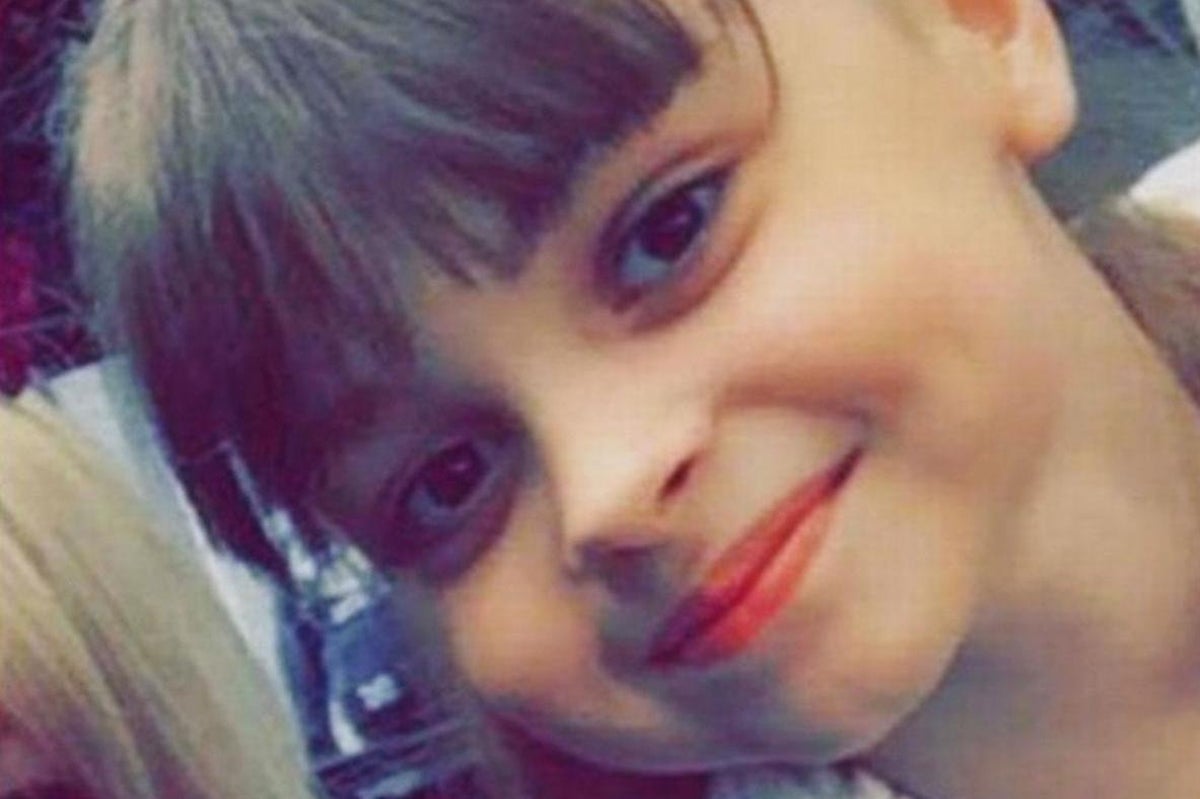
The father of the youngest victim of the Manchester Arena bombing said M15 are “not fit to keep us safe”, as its boss said he was “profoundly sorry” the attack was not stopped.
The security service’s director general, Ken McCallum, issued the apology after the public inquiry into the May 2017 atrocity found it might have been prevented if MI5 had acted more swiftly on a piece of intelligence received in the months before.
Two pieces of information about suicide bomber Salman Abedi were assessed at the time by the security service to not relate to terrorism.
But inquiry chairman Sir John Saunders said - having heard from MI5 witnesses at the hearings into the bombing, which killed 22 people and injured hundreds - he considered that did not present an “accurate picture”.
The officer admitted they considered a possible pressing national security concern on one of the pieces of intelligence, but did not discuss it with colleagues straight away and did not write up a report on the same day.
In his 207-page report, Sir John said: “The delay in providing the report led to the missing of an opportunity to take a potentially important investigative action.
“Based on everything the security service knew or should have known, I am satisfied that such an investigative action would have been a proportionate and justified step to take. This should have happened.”
He said that if the intelligence had been followed up immediately it could have led to Abedi, 22, being followed to the parked Nissan Micra where he stored the explosive, and which he later moved to a rented city centre flat to assemble.
The chairman added that Abedi also could have been stopped at Manchester Airport on his return from Libya four days before the attack.
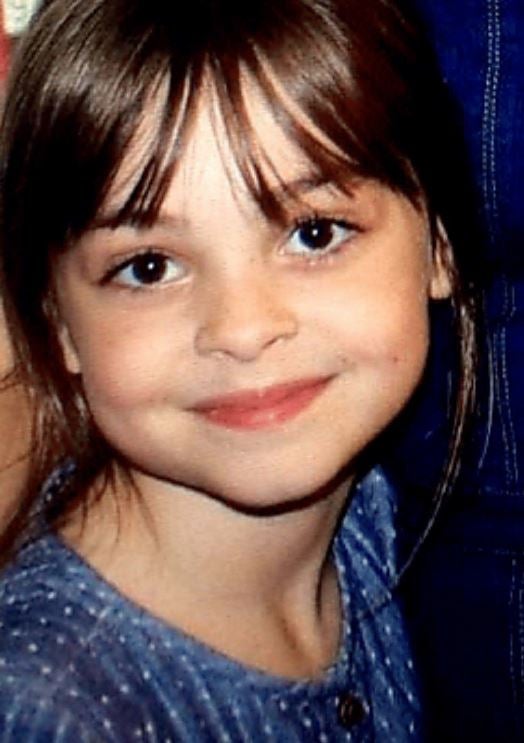
Following Thursday’s publication of the report, bereaved families said they hoped “lessons would be learned”.
Andrew Roussos, whose daughter Saffie-Rose, eight, was killed in the blast, said: “Our beautiful little girl lost her life because of the failings of the security services.
“We all heard the evidence and knew there were failings, but hearing how this tragedy might have been avoided is devastating for us all.
“This was a cataclysmic failure, and it is clear from all of the evidence we have heard about Abedi that there were many opportunities for the security services to have ensured the bombing never happened.
“In my view the fact that MI5 failed to stop him despite all of the red flags available demonstrates they are not fit to keep us safe and therefore not fit for purpose.”
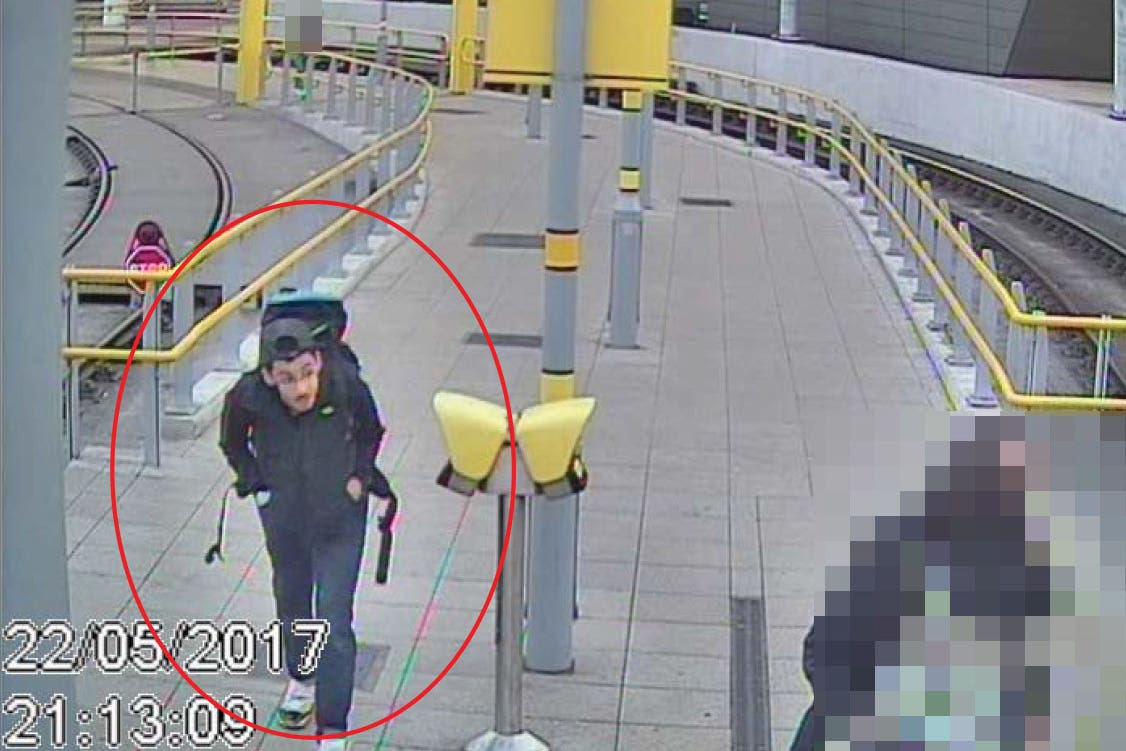
The parents of Chloe Rutherford, 17, and Liam Curry, 19, both from South Shields, also voiced their anger at the Security Service.
Ms Curry said: “Those that played any part in the murder of our children will never, ever get forgiveness.
“From top to bottom, MI5 to the associates of the attacker, we will always believe you all played a part in the murder of our children.”
In March 2014, Abedi became a subject of interest (SOI) for MI5 over phone contact with another SOI, but his case was closed four months later when he was deemed “low risk”.
He was also identified on six occasions as a direct or indirect contact of suspected extremists from December 2013 to April 2017.
During the inquiry, a number of MI5 witnesses, including a senior officer known as Witness J, and detectives from North West Counter Terrorism Police, gave evidence behind closed doors.
The secret sessions, which included evidence about the two pieces of intelligence received months before the attack, were held so as not to compromise national security and the inner workings of MI5 and counter-terror police.
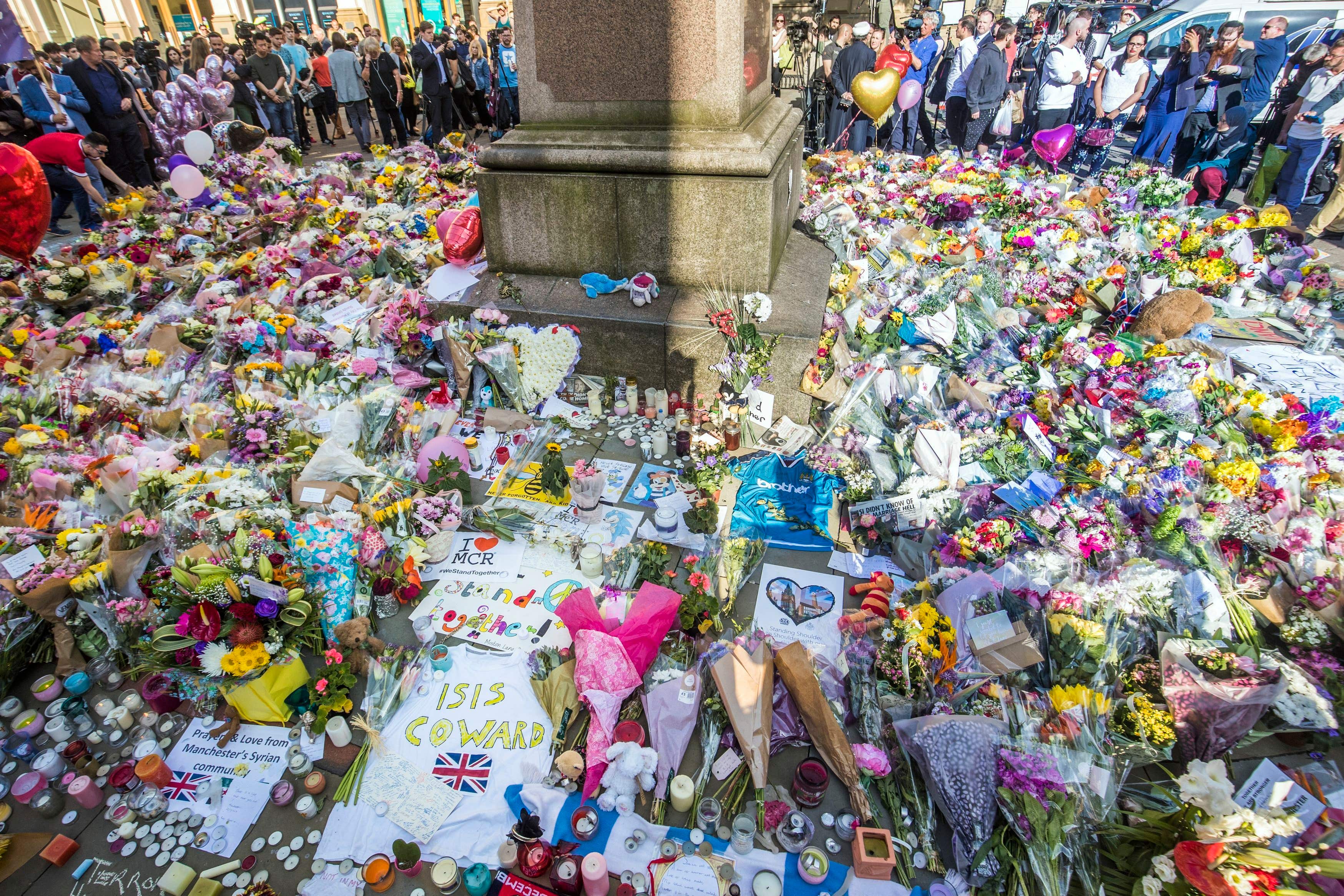
Sir John’s report on the circumstances surrounding the bombing at the end of an Ariana Grande concert also focused on the radicalisation of Manchester-born Abedi, of Libyan descent.
Abedi’s brother, Hashem Abedi, 25, was jailed for life after he was convicted of assisting the plot.
Sir John concluded: “The Abedi family holds significant responsibility for the radicalisation of Salman Abedi and Hashem Abedi.
“That includes their father Ramadan Abedi, mother Samia Tabbal and elder brother Ismail Abedi, each of whom has held extremist views.”
Convicted terrorist Abdalraouf Abdallah, a childhood friend of Abedi, also had an “important role” in his radicalisation, while another Manchester associate Raphael Hostey - an Islamic State member killed in a drone strike in Syria - was also “likely to have been an influence”.
Evidence into the circumstances leading up to and surrounding the atrocity was heard in the city between September 7 2020 and February 15 2022.
Two previous reports into the terror attack were issued by Sir John.
The first was in June 2021 and highlighted a string of “missed opportunities” at the Arena venue to identify Abedi as a threat before he walked across the City Room foyer and detonated his shrapnel-laden device.
Sir John’s second report last November delivered scathing criticism of the emergency services’ response to the bombing.
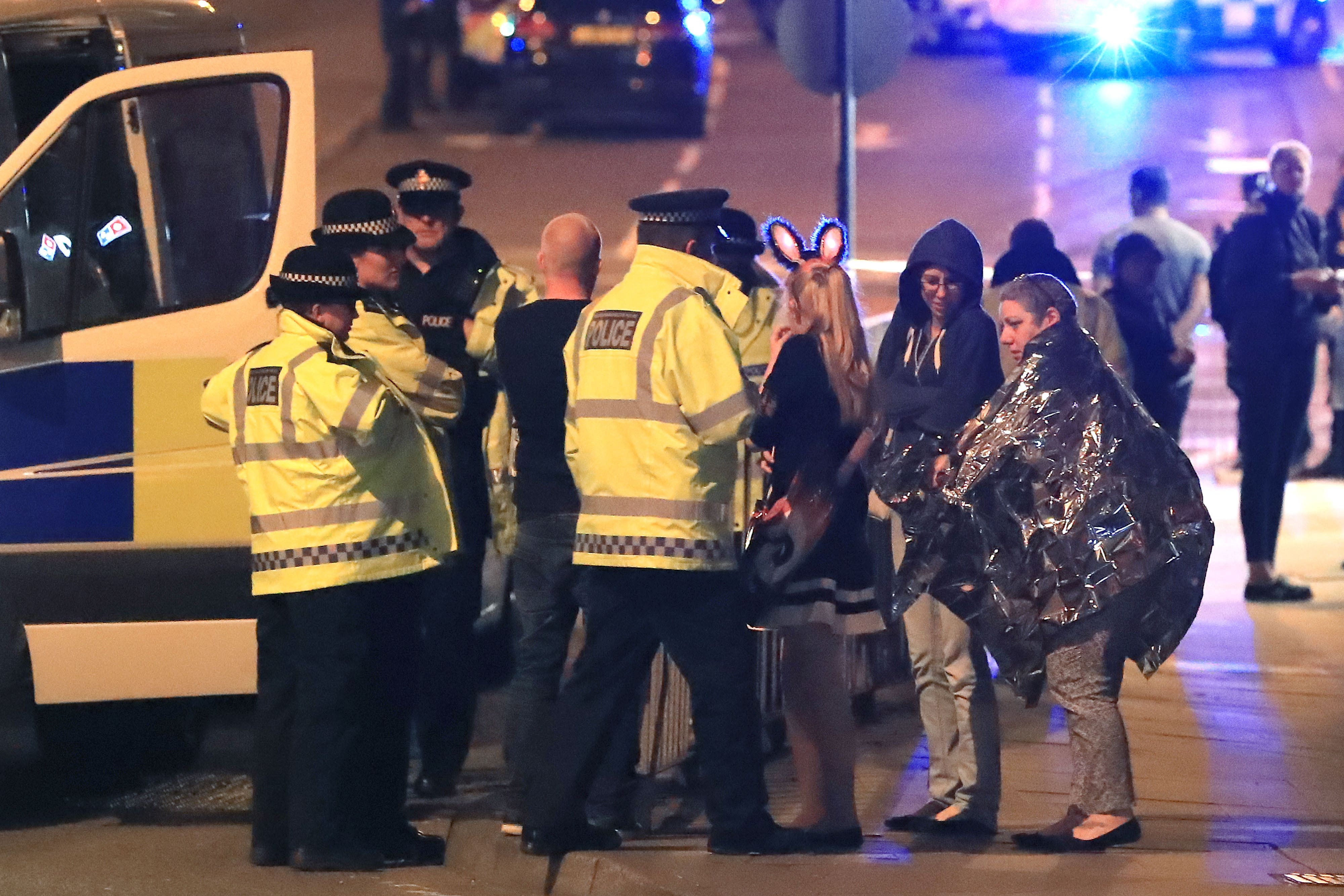
He ruled that care worker John Atkinson, 28, would probably have survived but for the failures on the night, while there was a “remote possibility” that Saffie-Rose Roussos could have lived, with different treatment and care.
Following the publication of his final report, Sir John said: “I can only hope that we achieve something by our efforts.
“That will only happen if those away from this inquiry can share in the desire of those who have taken part in it to make things better.
“Inevitably some of the changes that are needed will require money which is in short supply, but protecting the lives of the people of this country must be a high priority for any government.”







